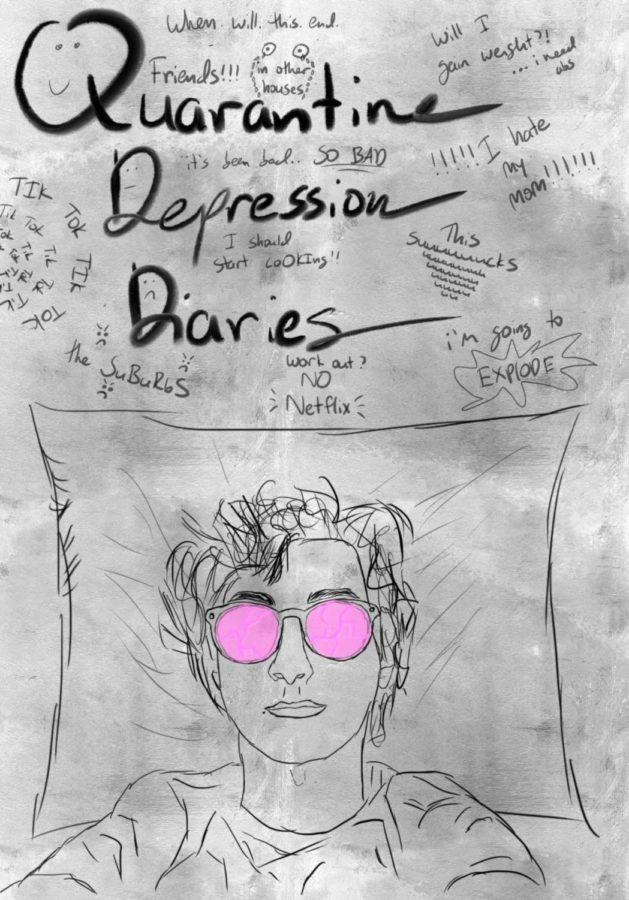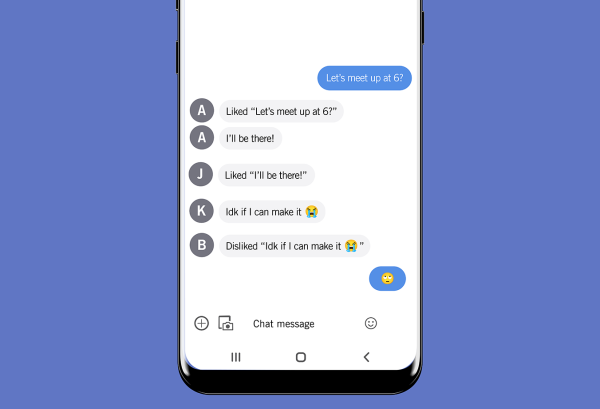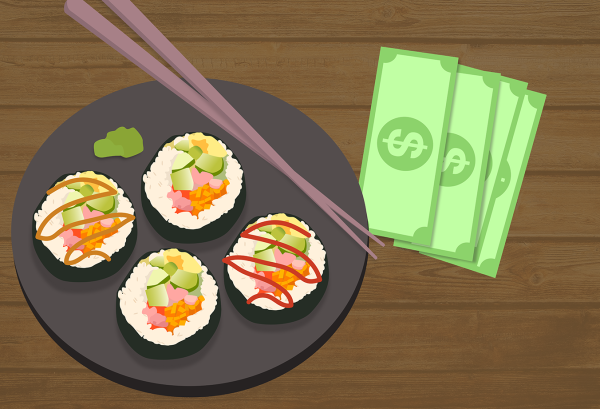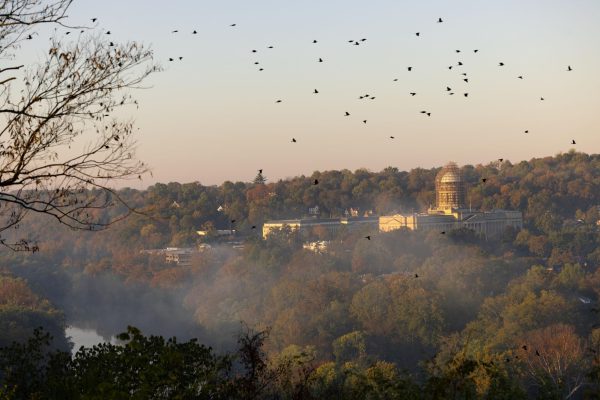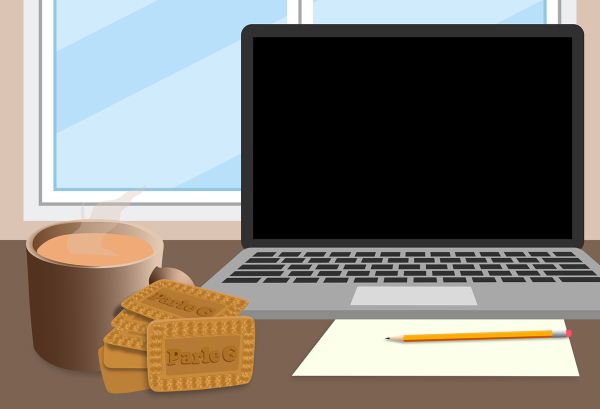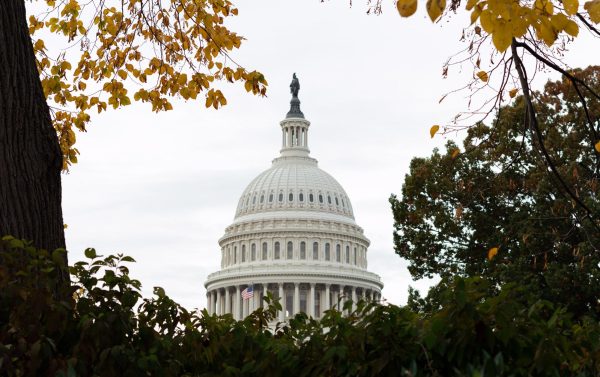Quarantine Depression Diaries: Another school year, another transition
August 10, 2020
This is the final installment of Ryder’s “Quarantine Depression Diaries” column. You can find the other installments here.
About a month ago, I had a dream where I was back on campus in the student center. Everyone around me was wearing a mask, but I’d forgotten mine and cursed under my breath. Then a few days ago, I had some anxiety dreams about going back to school. I don’t remember what they were about, but I remember the feeling, like the morning of a high school debate tournament when my stomach was knotted.
Now, I, like many other students, are returning to UK this week; but it doesn’t feel like the return, it feels like the second beginning.
The first few days of my freshman year, I barely ate because of the anxiety. I remember going to Willy T to calm down and try my hardest to eat a single protein bar. Then classes started up, I made friends, figured out the dining halls and developed a mental map of campus.
Even though it wasn’t an entire first year of college, it was still an experience, an adjustment. I thought I wouldn’t have to make the transition again and I could feel the joys of no longer living with my parents without the initial anxiety about this new journey.
But the framework of college has changed.
How will the dining halls work? What clubs will be able to meet in person? Choir is still happening, but how will I hear those around me if we’re at least six feet apart? Will I do classwork in my room or try to find a private spot in a campus building to make it feel more academic? How will I be able to hang out with my friends like last year if the ease of getting lunch and dinner together has been removed?
It makes me feel like I’m all alone again like my first week on campus. It’s even worse for the actual freshman who won’t have the same opportunities as I did to make friends.
And even if I did find time to be with my friends, there’s always the looming threat of asymptomatic carriers. As far as we know, there’s only the one test at the beginning of the year. So far, 0.6% of those tested have been positive. That may seem small, but the virus can spread through parties or random particles in the air that find their way through the wind and into noses; it can happen.
My main goal isn’t to learn anymore, it’s to stay negative.
I need to try, though, to communicate with my friends and peers. There’s no better way of getting though this than realizing the whole campus is going through the same situation.
I’m also using other coping mechanisms, like my newly bought 2DS Xl, Animal Crossing: New Leaf and the Heroes of Olympus series. They’re both worlds with a set plan and no bad moments, the former I can completely control.
This may sound unhealthy, but it’s part of this year’s transition, a way to feel connected and busy without the dangers of the real world. And as long as I’m doing my schoolwork, it’s a healthy balance.
And on top of all of this, there’s the fear that it’ll all be ripped away again. At least I have experience with that adjustment.
—————————————————————————————
Ryder’s “epilogue” to his “Quarantine Depression Diaries” column:
When the newspaper group chat asked if anyone wanted to start a column about quarantine, I offered and they accepted. Not exactly to document this historical moment, but to try to help people by forming bonds over potential shared experiences and thoughts.
I knew quarantine would be rough for me. From deeply rooted family issues to self-isolation, I knew I would have issues with which a lot of people could relate. By sharing my opinions and trying to be as real and open as possible, I hoped to help people get through this, together.
One person, a classmate from my first semester journalism class, emailed me saying that my column helped them feel less alone. I think that mattered to me more than any debate trophy I ever got (albeit there weren’t many).
My final article was originally going to be about all my family issues and how they’ve manifested in quarantine, but I opted to write about going back to school since it seemed more relevant, concise and more applicable to a general audience.
Still, I want to offer the lessons I would’ve emphasized in that article if I had written it.
-
Trauma and/or emotional abuse isn’t always extreme and violent; it can be subtle but still cause deep psychological issues over time.
-
Question everything. If someone tells you or implies that you’re a bad son, daughter, child or person, think about it. Ask yourself why it might be true and why not. Ask yourself what a bad person does. It’s a serious claim, and if you can’t find the evidence to back it up, it probably isn’t true.
-
Knowledge is power. Knowing what abuse is and finding the tools to deal with it are big saviors. Sometimes abuse becomes so regular and expected that we forget it’s harmful. Ask yourself, if your friend was going through the same situation, would you think it’s abuse?
-
You can be your own worst enemy. No matter what toxic household you might be in, at the end of the day, all you have is you, so treat yourself like a friend. Any anxiety, fear, depression or other unpleasant feelings and thoughts aren’t born from a bad place, they are parts of us who really want to help us but don’t know how to do it in the right way. Those feelings desperately want your attention, and once you give it to them over a mental cup of coffee, you may start to feel better.
-
Lastly, growth isn’t a linear curve. Sometimes you feel down again, other times you feel great. It’s a lifelong process. Don’t feel defeated if you feel sad about something again. We all have scars, and sometimes they start burning again, but the feeling is never permanent.
Bye for now,
Ryder









































































































































